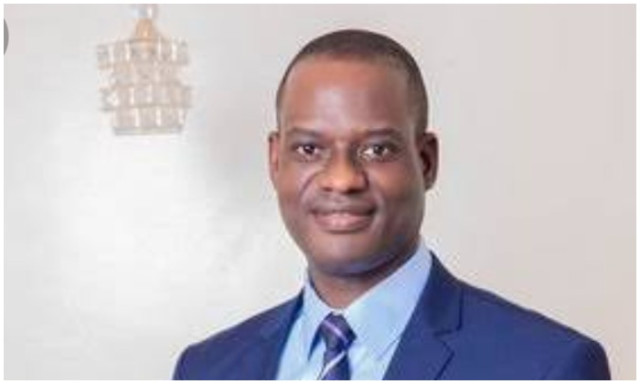The Presidential Committee on Fiscal Policy and Tax Reforms has suggested a review of the allocation of Value Added Tax revenue, proposing an increase in states' and local governments' share to 90 percent, while reducing the Federal Government's share from 15 to 10 percent.
The committee, chaired by Taiwo Oyedele, also recommended an increase in the current 7.5 percent tax rate charged to consumers. Oyedele disclosed these proposals during a stakeholder engagement session in Abuja, aimed at discussing key recommendations in the National Tax Policy.
These proposals are part of the ongoing reforms designed to enhance the country's tax revenue. The committee's engagement with business owners and industry players is crucial for the successful implementation of the tax reform policies, which aim to achieve a minimum tax-to-GDP ratio of 18 percent.
The fiscal policy and tax reforms committee was established by President Bola Tinubu to enhance the nation's revenue profile and business environment by streamlining taxes.
Value Added Tax (VAT) is a 7.5 percent consumption tax collected by the Federal Inland Revenue Service on goods and services. The burden of the tax falls on the final consumer.
Revenue generated from VAT is distributed to the three tiers of government through the Federation Accounts Allocation Committee, with the current allocation formula being 15 percent for the central government, 50 percent for states, and 35 percent for local governments.
Under former President Muhammadu Buhari, the government collected N10.1tn in Value Added Tax
In spite of the substantial amount, the government is pushing for an increase in the tax rates.
The former Minister of Finance, Zainab Ahmed, had recommended that the current government raise the Value Added Tax (VAT) from 7.5 percent to 10 percent.
As outlined in the 2024-2026 Medium Term Economic Framework, the government intends to expand its tax collection efforts by hiring more agents in sectors such as telecommunications, banks, financial institutions, construction, and aviation industries.
During the event, Oyedele suggested that with approved reforms, the country could potentially double its VAT revenue within two years.
He also stressed that the committee worked closely with business owners to implement measures preventing an increase in the cost of their products.
“The burden of Value Added Tax should be with the ultimate consumer. So we must make it transparent and neutral and this is what over 100 countries where they have VAT are doing. Nigeria’s economy is more than 50 per cent in services and if I just stop at this, many states will be broke because VAT collection will go down by more than 50 per cent and it won’t even fly.
“So we therefore need to adjust the VAT rate upward. We would ensure that it doesn’t affect businesses. The only thing is to look at basic consumption from food, education, medical services and accommodation will carry zero per cent VAT. So for the poor and small businesses, no VAT.
“Then for the rest of us, we will pay a little bit more. We have spoken to businesses about it and they won’t increase the product price. We want to make sure when we do VAT reform, no one will increase the price of commodities. We will work the Mathematic with the private sector.”
According to him, individual states should not be granted sole custodianship of their collections, emphasising that such a scenario will likely result in chaos, citing Brazil as an illustrative example.
The tax expert said, “We are thinking that we should adjust the sharing formula for VAT because it is a tax of the states. In 1986, we had sales tax collected by states. The military came up with VAT in 1993 and stopped sales tax so they said it would collect VAT and return 15 per cent as cost of collection and that is the 15 per cent charged today came about. But we think it is too much”.




















